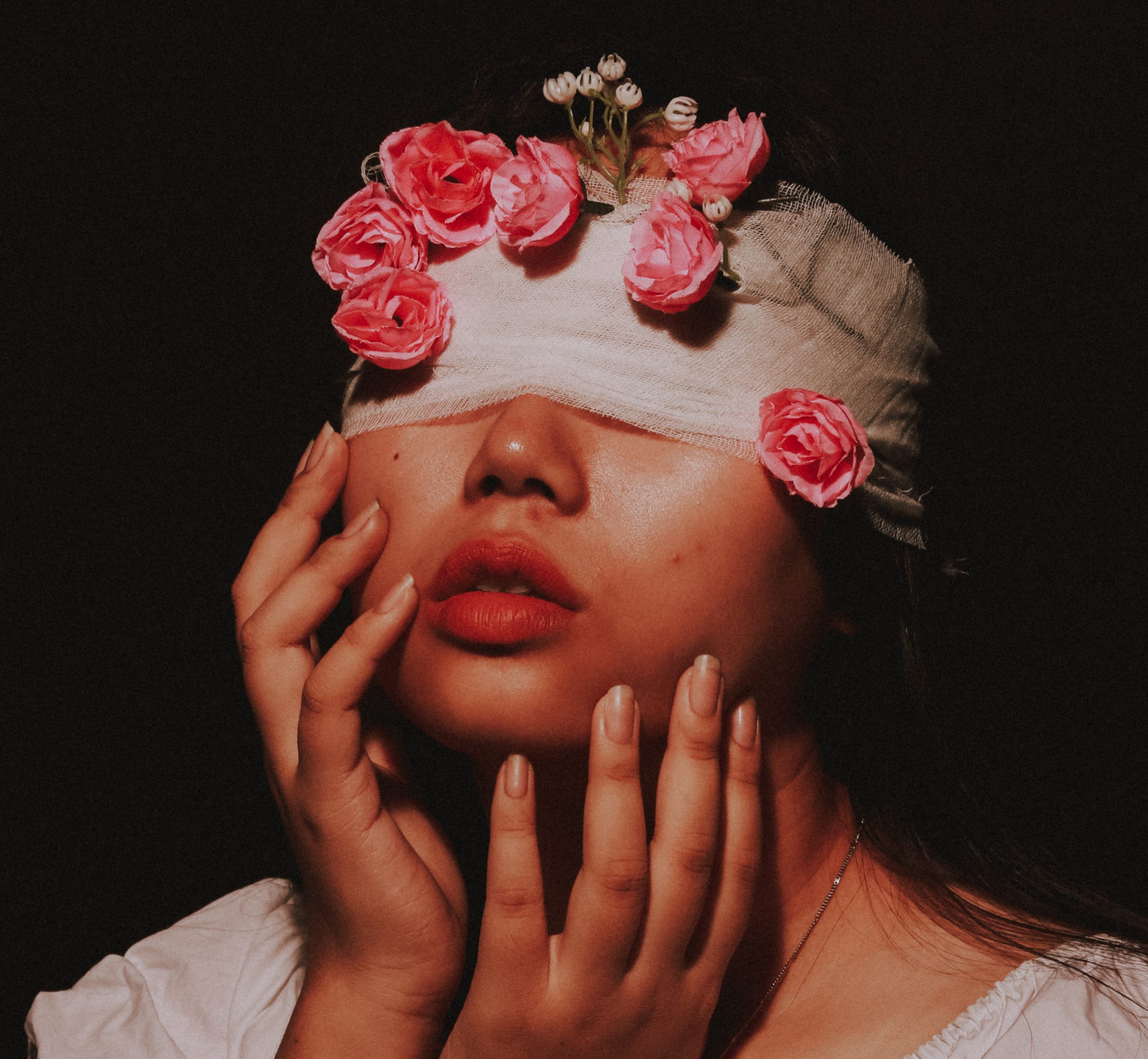Written by Chess Bradley.
About a year ago, I watched a couple of well-known journalists talk at a live show. One of them, well-noted for being incredibly fashionable, recalled, horrified, that she had worn transition lenses in her youth. I felt a twinge of embarrassment as I sat there in my own transition lenses. I had bought them about a year before, in an attempt to cure my migraines.
I left the show during the matinee. Not out of offence; I needed to vomit, thanks to a migraine.
Transition lenses, for those who don’t know, are glasses that, when in contact with sunlight, have a darker tint. The associated wearer, according to a meme that circulated a few years ago, is the horse girl: a slightly over-eager teenage girl who is a fan of horses and wears untrendy trainers and bootcut jeans.
With all due to respect to my weird teenage girls (who, as a former weird teenage girl, I have a deep affinity with) this isn’t quite the image I’m trying to go for as a (somewhat) professional woman in her early twenties. In fact, the small stigma associated with wearing transition lenses as a young woman has so deeply affected me that I feel a deep embarrassment every time my specs turn from clear to dark. The whole thing makes me feel gawky, unsexy, and fundamentally unconfident.
The small stigma associated with wearing transition lenses as a young woman has so deeply affected me that I feel a deep embarrassment every time my specs turn from clear to dark.
Choosing to wear the glasses was somewhat of a desperate act. I had decided to get them because every therapy I had tried, prescribed or not, was failing. I was struggling a lot. I spent most of my time in pain so severe I was bed bound, often accompanying bouts of nausea and vomiting. I was at university and felt that I couldn’t even enjoy life because the time I wasn’t in pain was the time I had to catch up on university work. I was curious to see whether there could be any relief in protecting my eyes with such glasses.
I chose a pair that I thought could, plausibly, be both glasses and sunglasses. I was happy enough when they arrived. In the box, they appeared like any other glasses that I have had. However, soon after starting wearing them, I felt self-conscious. The glasses turned an awkward colour if I ran to put out the bins. Walking into buildings meant waiting five minutes until the glasses looked normal. I became very conscious that I was wearing something untrendy, and it had an impact.
It all feels a little bit ridiculous; the idea that slightly darkened glasses, probably mistakable for a bog-standard pair of sunglasses, were a source of insecurity. Losing emotional energy over the fact a pair of glasses don’t allow me to feel sexy or stylish into my day-to-day life feels so utterly frivolous that I have been angry at something seemingly so stupid.
The sexlessness, I imagine, is linked to the foregrounding of my disability. Disabled people often find themselves being desexualized, as if sexuality is reserved for the able-bodied.
It runs deeper than that. I feel like through wearing the glasses, I am making a disability that I can largely hide apparent. While there is, obviously, nothing wrong with being disabled, I feel like the glasses inadvertently tell the world (whether this is the case or not, I am not sure) that I am suffering, and instead of being carefree and reckless, I have to make conscious decisions to live a normal life.
I know, of course, I am in a lucky position to even have the option of making a disability invisible. It is perhaps because I have been in the position where a chronic illness has been visible that I feel so deeply self-conscious at the thought of someone even clocking my disability. Having used a walking stick in my teenage years, I have such a deep fear of people seeing me as simply disabled; a sum of what I can’t do, opposed to what I can.
It’s also important to examine why these glasses make me feel like I am less stylish and, for a lack of a better word, sexy. The old idiom goes “girls with glasses don’t get passes,” but my bog-standard prescription glasses never made me feel like that. It feels like practicality is the enemy of style and sexiness. After all, there’s a reason why stilettos are considered sexy and crocs aren’t.
The sexlessness, I imagine, is linked to the foregrounding of my disability. Disabled people often find themselves being desexualized, as if sexuality is reserved for the able-bodied. While I am privileged enough to have a disability and chronic illnesses that are largely invisible, it has made me incredibly conscious of how a disability can make me feel utterly sexless.
I have been surprised at what an introspective experience choosing to wear reaction lenses has been. Making sartorial decisions based on my health is not something that I want to do, but it is also something that I am lucky enough to be able to do. Wearing the glasses has made me really consider my own style, and the fickleness of things like personal style and feeling sexy. It has allowed me to really assess how being perceived (or feeling like I am being perceived) as disabled can have such a significant effect on me.
Chess Bradley is a writer from the Isle of Man.

